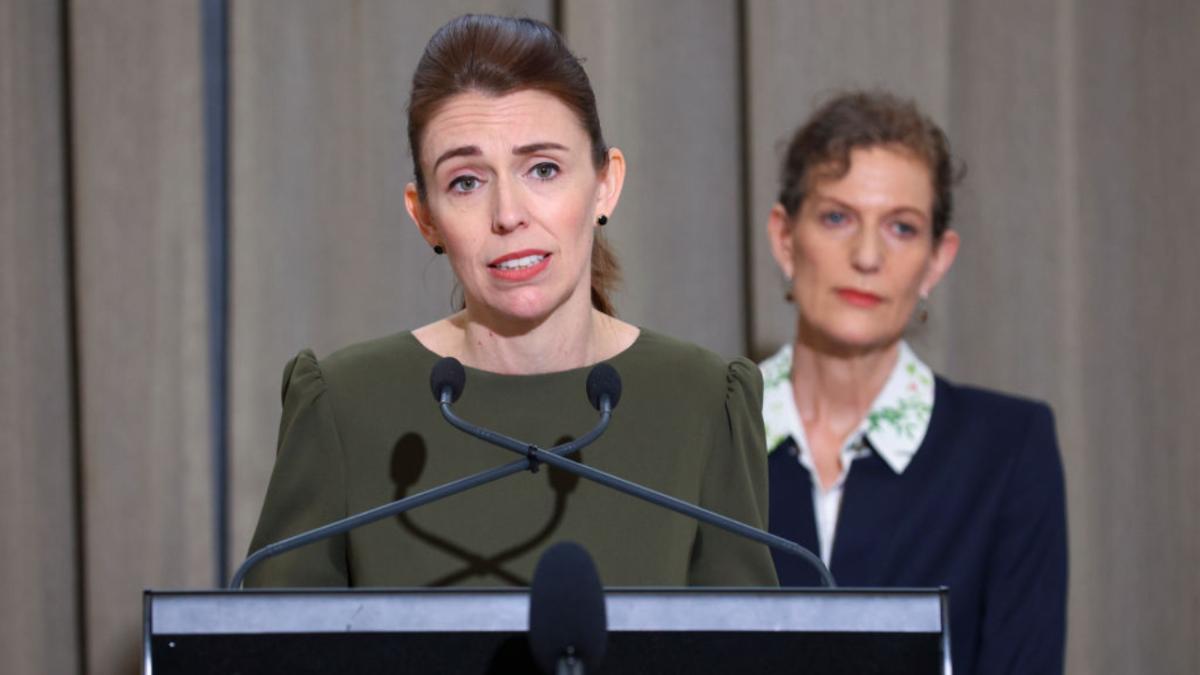
A New Zealand royal commission report into the 2019 Christchurch mosque attacks has found that the killer could only have been stopped “by chance.”
In March 2019, an Australian gunman opened fire on a number of worshippers at two separate mosques, killing 51, wounding 40 and live-streaming his crimes online.
The 792-page report, which was released on Tuesday, investigated the events of the March 2019 attack and made a number of recommendations to prevent an event like this happening again.
Ardern said on Tuesday the report found “fragmentary” warning signs before the killings, but they could only have been connected in hindsight.Even then, the royal commission “made no findings that these issues would have stopped the attack,” Ardern said, while apologising for the fact that the tragedy took place at all.
Although there was signs, that can now be linked in hindsight, the report found that these were “fragmentary” and unable to be linked at the time.
The only direct information authorities had about the attacks was the email the terrorist sent to NZ Parliament and the media before the attack. However, this was only sent eight minutes before the attack, and by the time anyone had read the message, he had already opened fire.
According to the independent inquiry into the attacks, there was “no plausible way” that the gunman’s plans could have been detected and intercepted by New Zealand authorities, “except by chance.”
The report also found that the gunman definitively acted alone and funded the attack himself, ending speculation of a wider threat.
“We know what equipment he used and how he paid for it,” the report read. “No one else was involved.”
But although the report found that the attacks couldn’t have been stopped at the time, it did fault the government on a number of issues that – in hindsight – could have prevented an attack of this sort. In total, the inquiry gave 44 recommendations following the attack, including offering more support to the victims’ families, and policies against hate speech.
The overarching complaint was the gun law regulations that actually allowed the man to obtain a gun. This isn’t exactly surprising, but Ardern quickly worked to pass gun reforms in the immediate aftermath of the tragedy.
YouTube was also a centre point of the inquiry, according to the NY Times, with the report finding that the gunman had been radicalised more on the platform than on darker right-wing corners of the web.
Additionally, the country’s “fragile” intelligence agencies were basically ill-equipped to handle right-wing terror threats, and only really had the resources to monitor Islamist terrorism at the time.
Interestingly, the report found that a strong counter-terrorism strategy that engaged the public could have been one of the best defences against the attack, potentially provoking members of the public to speak out when they first noticed the gunman’s potentially concerning behaviour.
The terrorist pleaded guilty to all charges in March of this year, and was sentenced to life in prison without parole in August.
A vast majority of the information contained in the report remains private out of fear of encouraging copycat attacks.



